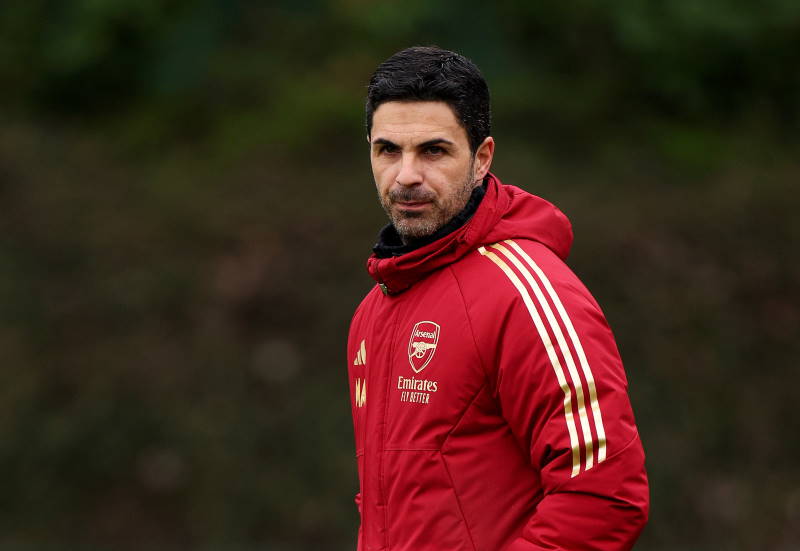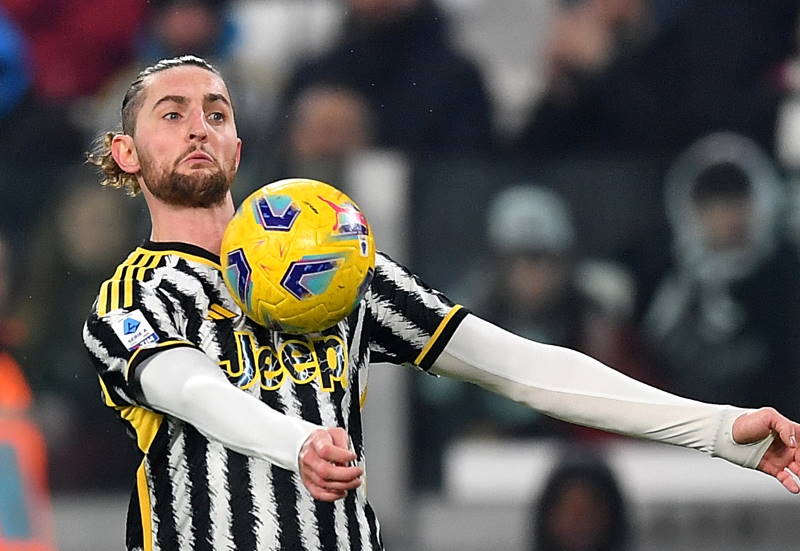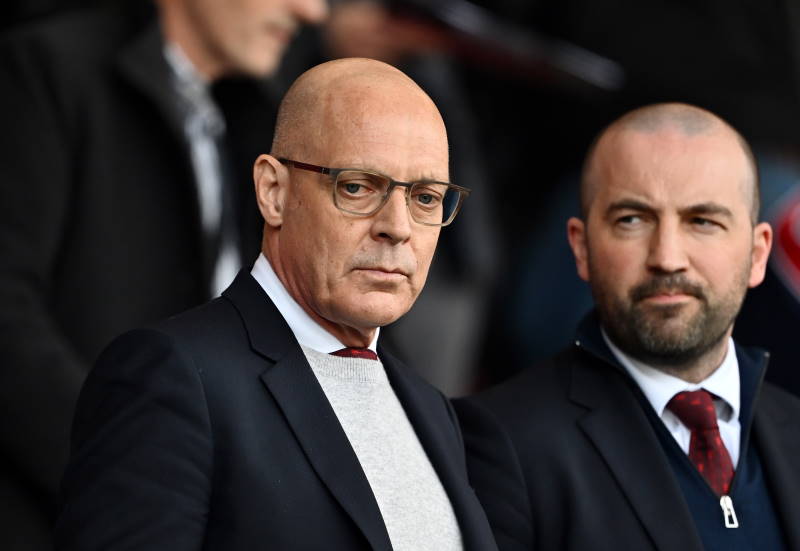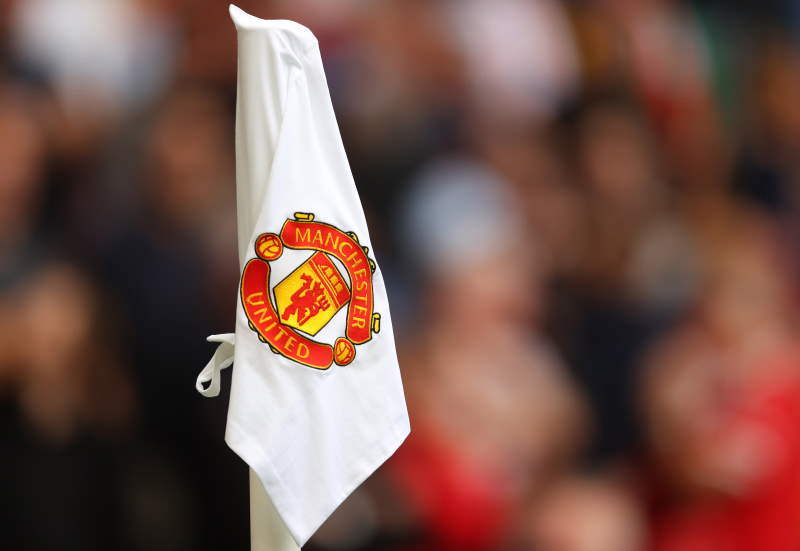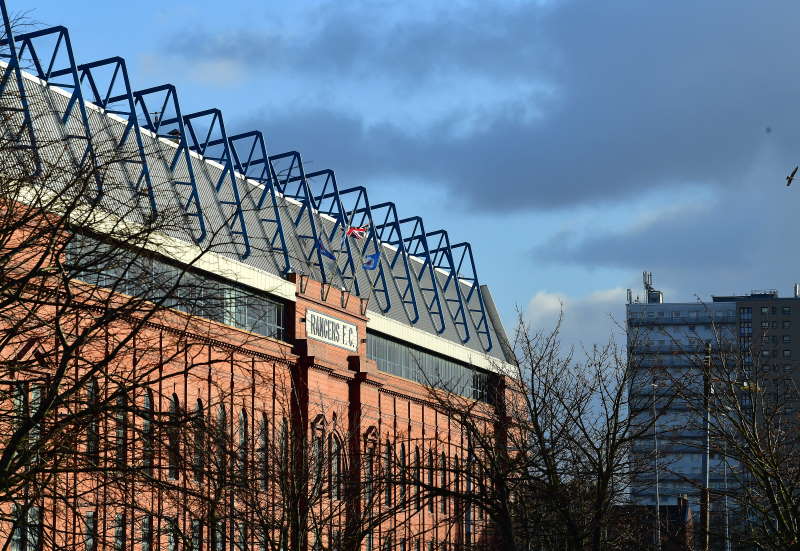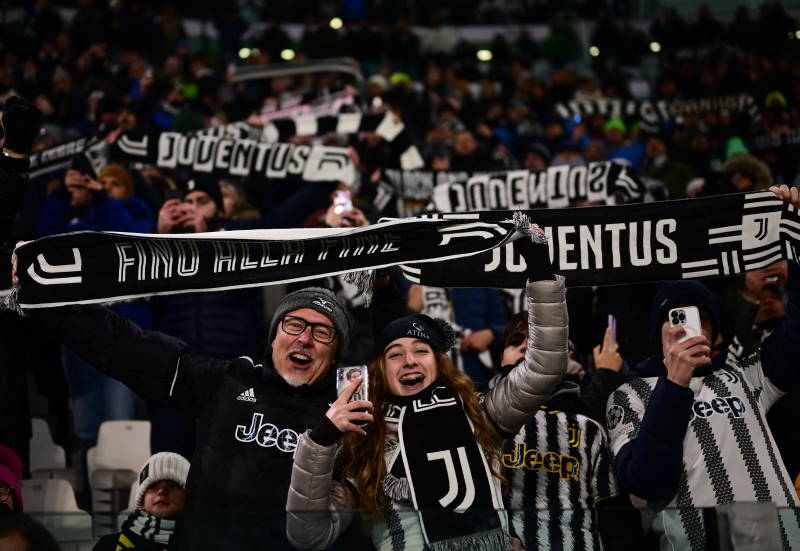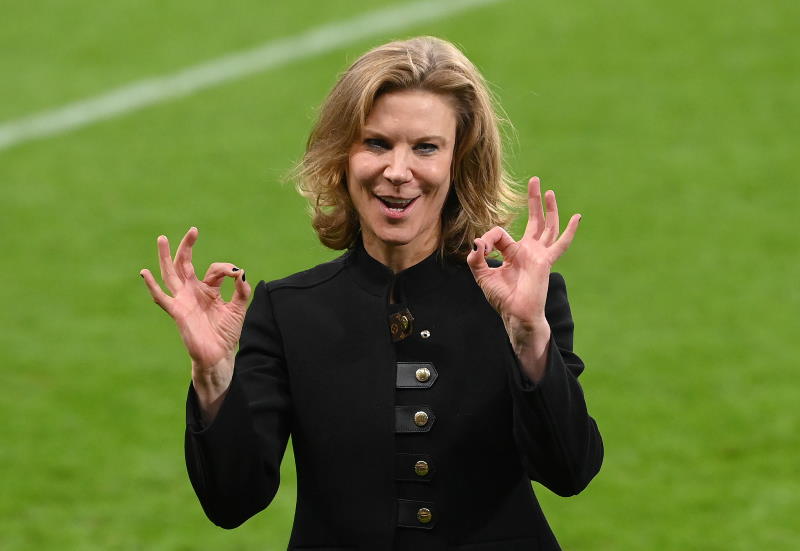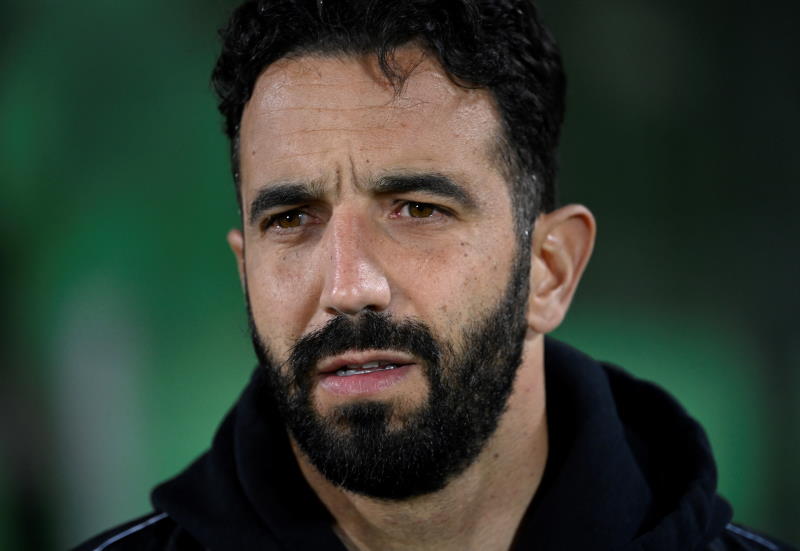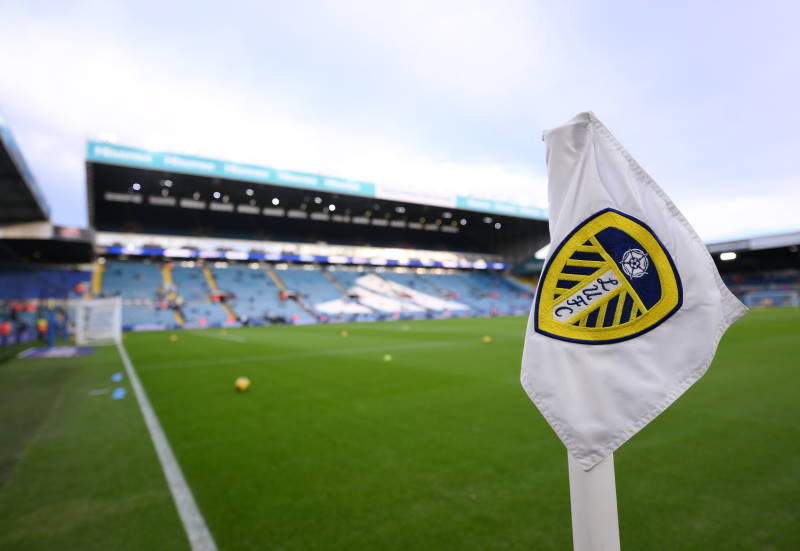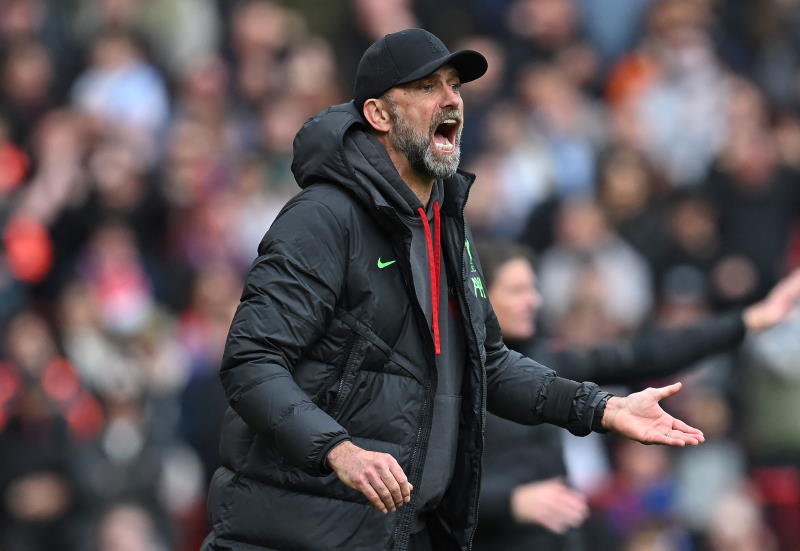
Joel Amorim
CSKA Sofia have been the launching pad for some of the most memorable Bulgarian footballers in the history of European football. Players such as Dimitar Berbatov, Hristo Stoichkov, Emil Kostadinov, Lyuboslav Penev, Stiliyan Petrov and Plamen Markov all cut their teeth at CSKA Sofia, part of an organisation that, along with rivals Levski Sofia, dominated Bulgarian football for the last 50 years.
The Armymen’s current situation is however far from the supremacy they achieved in the past and over the last four or five years the club have struggled to survive financially in an age dominated by capitalism.
After winning their 31st Bulgarian title in 2008, CSKA Sofia entered a period that could very well be ex aequo with the disbandment of the team in 1985, the darkest period in their history. CSKA Sofia saw their entrance into the Champions League barred by UEFA due to unpaid bills, while their domestic spot was also at stake with the Bulgarian Football Union speculating over whether they would be able to compete in the league and if not, they would eventually have to start from scratch by returning to the amateur ranks. Fortunately that never occurred, although the side’s financial problems endured.
The dark period was just the beginning of constant turmoil for CSKA Sofia, filled with changes in ownership, investors arriving and then departing, with a club eventually left in financial chaos.
This season has been no different: After further financial problems CSKA Sofia were once again banned from UEFA competitions. Hristo Stoichkov, a club legend and arguably the best player Bulgaria has ever produced, took the helm of the club last June, leaving supporters ecstatic about his return. The enthusiasm though quickly subsided and Stoichkov resigned after just one month in charge, muttering about losing faith in the promises made to him by the club’s owners.
CSKA Sofia’s former owners, Titan Sport, experienced troubled times upon purchasing 100 per cent of the club’s shares in 2009. Alleged to have no money to inject into the side and stablise finances, Titan Sport began to look for investors with a process that Stoichkov claimed not to be transparent. Last July, CSKA Sofia were finally purchased by Red Champions Group, which is now lifting the club from the ground. Some of the group’s members however do not enjoy the full trust of the supporters as they were part of the board which led the club in 2008, a year in which they almost ceased to exist.
On the pitch things are slowly improving for the Armymen. The return of Stoycho Mladenov for his fourth stint as head coach was the first step for the club to restore dignity lost over the past two years. A former CSKA Sofia forward, Mladenov is a man who wrote his name across Europe with two goals against an all-powerful Liverpool in the 1982 European Cup quarter-finals. The coach wants to start a new chapter in CSKA Sofia’s history, restoring their winning mentality and guiding them along a long-term project which results not just in Bulgarian titles once more, but also with a side that make their mark in Europe.
After the financial chaos CSKA Sofia managed to bring in several experienced players such as Valentin Iliev, Emil Gargorov and Todor Yanchev, who could be crucial to restoring the old principals the club operated by in the past; all of the trio are former Armymen stars.
With 19 games gone, CSKA Sofia sit third in the Bulgarian league standings, four points and three places better off than eternal rivals Levski Sofia. New Bulgarian powerhouse Ludogorets Razgrad top the table, with a lead of six points from Litex Lovech.
Mladenov and CSKA Sofia still have a long and hard road ahead of them in order to restore the club to what they believe is their rightful place in Bulgarian and European football. But 2013 may well go down as the year that everything changed for the Armymen, emotionally, financially and in a football sense.
Like to bet on football? Pay Inside Bet a visit!

